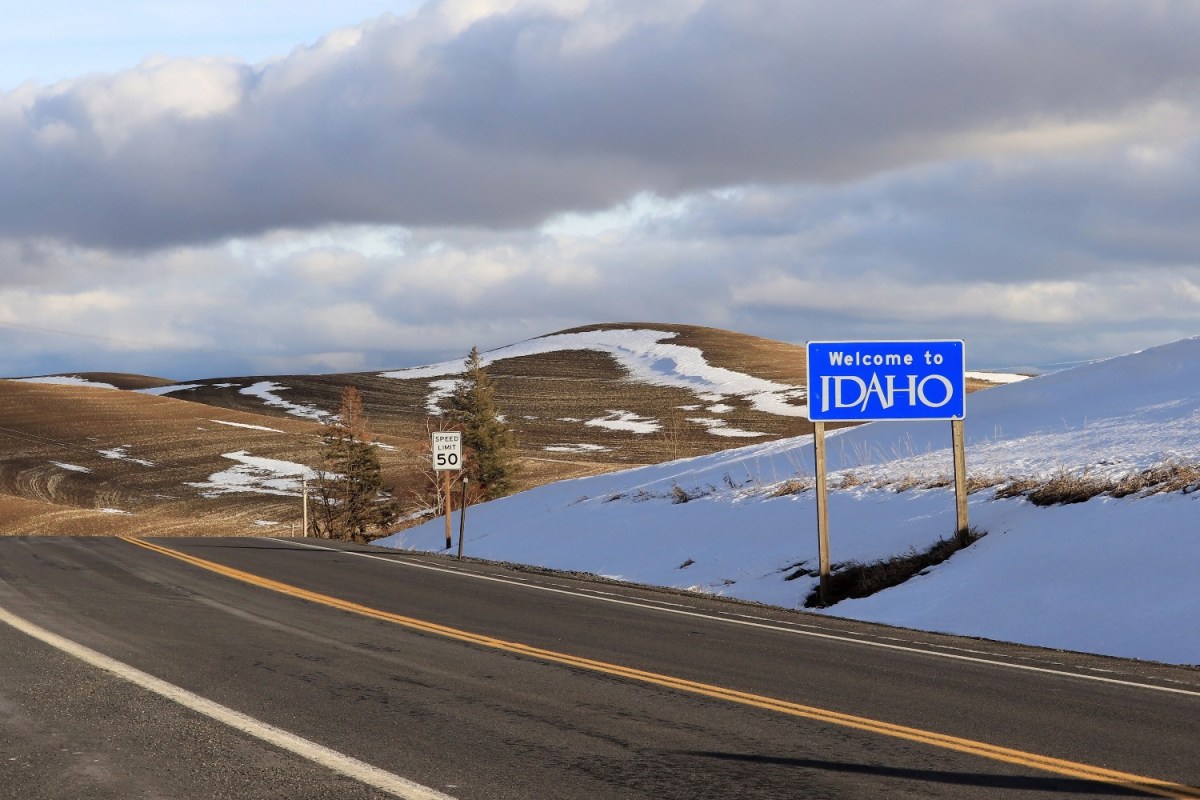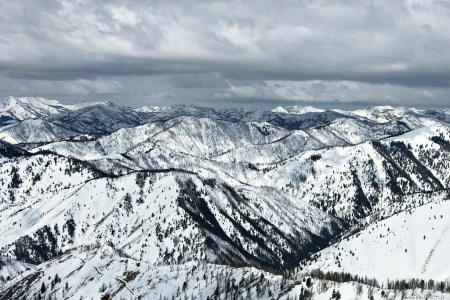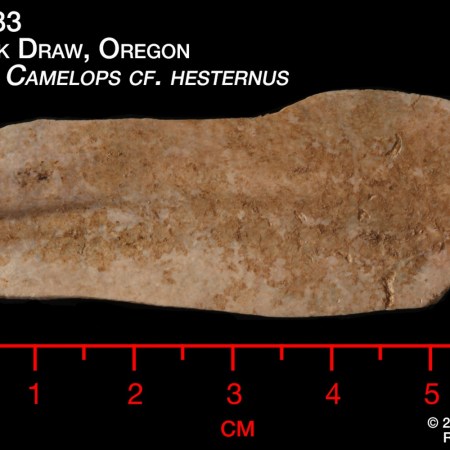It’s been a long time since the border between two states changes. In 1961, the boundary between Minnesota and North Dakota was redrawn as a result of flood mitigation efforts. That was a relatively modest effort, though, involving land near the city of Fargo. Recently, there’s been an increasingly high-profile effort to radically transform the states of Oregon and Idaho, a shift that could involve over a dozen counties moving from the former state to the latter.
The short version is that several counties in eastern Oregon — counties where the voters are, by and large, more conservative than in western Oregon — are seeking to break off and join the more ideologically simpatico Idaho.
The website of the movement, known as Greater Idaho, lists a number of other grievances with Oregon — many of which fall along familiar culture war lines, including digs at undocumented immigrants and transgender athletes. It’s also quite petty in places, touting that in Idaho, the “[f]orests managed to avoid fires.”
A recent Washington Post article by Scott Wilson explored the status of the debate — and just how likely an alteration of two northwestern states’ borders might be. And while numerous Oregon counties have voiced their support to look into joining Idaho, Wilson writes that legislative efforts in both states haven’t gotten very far — despite this measure nominally benefiting Idaho.
Billionaires Spark Controversy Over Idaho Land
A series of purchases creates tension around public landsIn the Post article, Wilson also cited a professor at Eastern Oregon University, Nicole Howard, who noted that some of the rhetoric around Greater Idaho seemed racially charged. “It is conservative versus liberal, but the issue of race is also baked into it,” Howard told the Post. “It gets to the idea of ‘rural’ as a stand-in for deep cultural touchstones.”
Writing at High Country News in August, Leah Sottile further explored the racial dimensions of the Greater Idaho movement — which does seem to have the support of a number of prominent white nationalists. Given that the history of Oregon as a whole includes racism baked into the state’s founding, it isn’t hard to see why these echoes of the past are so unsettling.
Still, the question remains: will the push for redrawn borders in the western U.S. lead to actual redrawn borders — or just put some of eastern Oregon’s concerns in the state’s legislative spotlight? It’s an issue worth keeping an eye on.
Thanks for reading InsideHook. Sign up for our daily newsletter and be in the know.


















